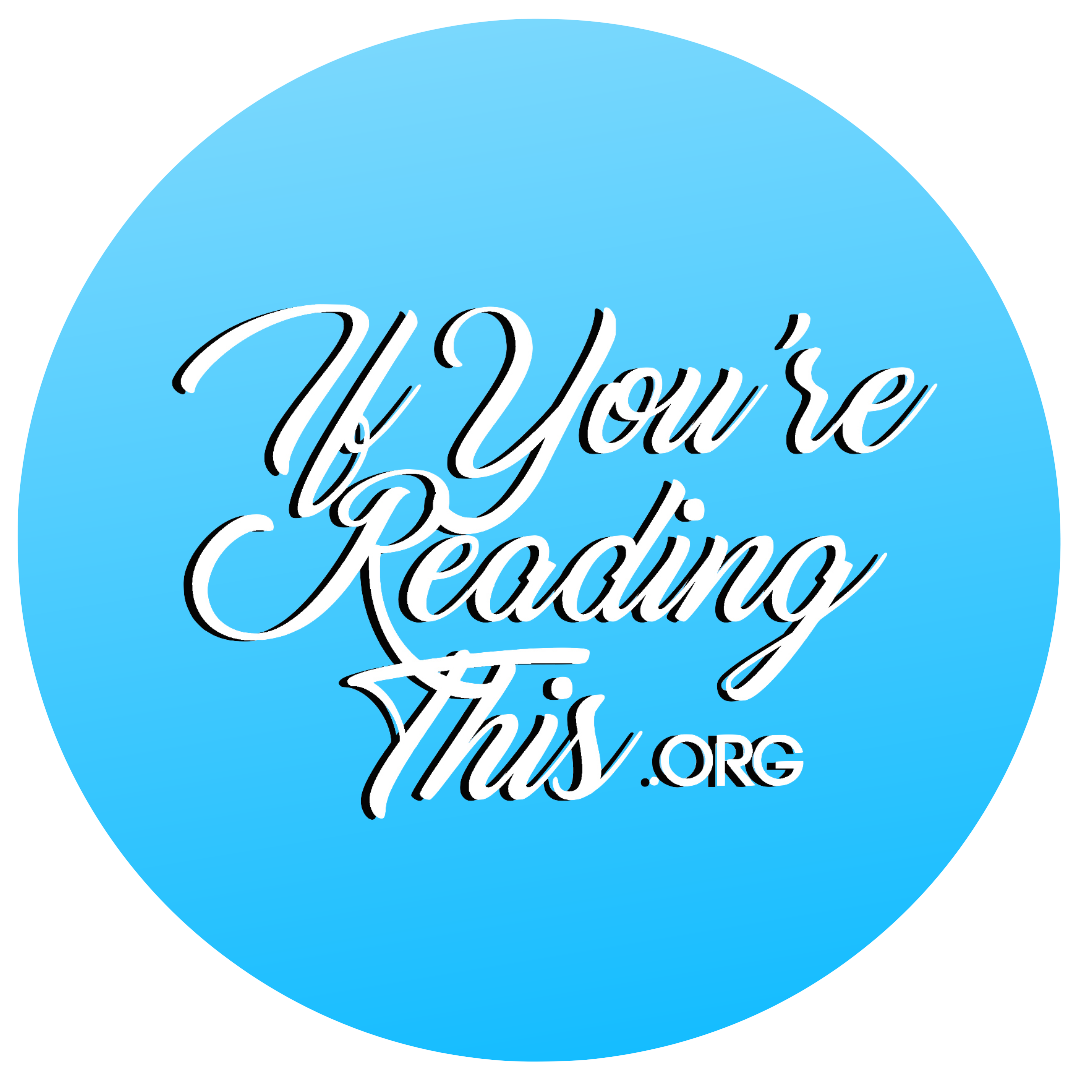If you’re reading this, I want you to know that grief is complicated, its effects on you unpredictable, and that its ok to struggle through it.
If you’re reading this, I want you to know that grief is complicated, that its effects on you are unpredictable, and that it’s ok to struggle through it. My real struggles with grief and its persistent influence on my life began a few years ago. You see, I had experienced a number of personal difficulties seemingly back-to-back-to-back, and when I was close to my wit’s end, my dissertation advisor and professional hero passed away after a short battle with ALS. My advisor was an incredible scholar, teacher, mentor, and friend, someone I could count on for help at a moment’s notice, and someone who gave me the academic friends and family I cherish all these years later.
When he passed, my advisor hadn’t been my teacher for more than 6 years, and we hadn’t lived in the same city in that same amount of time, but his loss hit me in a profound way. In my quieter moments, I felt tremendous guilt at his passing. I felt like I had taken from him more than I could pay back (or forward, as he would have it). That guilt at his passing then morphed into a guilt about feeling guilty. He wasn’t my father after all. What right did I have to feeling his loss so acutely? Those feelings were for his family. And I felt guilty for not bearing the burden of his loss with more strength and grace.
I was having complicated feelings about whether I was entitled to my own feelings, and my tendency towards solitude and quiet gave me plenty of time to reflect on my perceived inadequacies. That turned my quieter moments of reflection into agonizing moments where I ruminated on my feelings of loss, of injustice, and of sadness, and I began to carry those feelings into other areas of my life. My job and my interactions with my family and friends all became tinged by grief and loneliness.
I often describe this period of time as having my “default” setting switched over to glum and sad. I was pessimistic about most things and developed the mental habit of expecting the worst. Privately, I railed to my family about needing just one thing to go right in my life. Of course, at the same time, I was experiencing a number of personal and professional successes, but the grief that I carried, and my inability to recognize what it was doing to me robbed me of my ability to appreciate all the good things happening to me. I needed help (and of course, felt guilty about needing it), but couldn’t recognize it in myself. Fortunately, my family did recognize it, and I began counseling for grief and loss shortly afterward. In the hands of a wonderful therapist and with real effort to understand what I was going through, I was able to find my way back to my “default” setting of positivity.
I am, by all accounts, a successful person. I have a wonderful family and a wonderful job. I work at this wonderful university doing exactly what I’ve always wanted to do. If you’re reading this, I want you to know that all those wonderful things in my life aren’t armor that protects me from feeling loss. In my lowest moments, I didn’t believe I had the right to feel sad or alone, and that sense that I hadn’t earned my grief kept me from seeing how alone I really was. You too will have a host of wonderful things in your life, but don’t let all those great things make you feel like you’re not entitled to your own struggles. Know that it's okay to feel grief, to feel alone, and to feel lost. And most importantly, know that when you do feel lost and alone, there are so many people in your life who want to help you. If you’re reading this and feeling grief or just generally feeling lost or alone, know that I and so many others here at UVa are here to help you find your way again.
Justin Kirkland
Department of Politics

